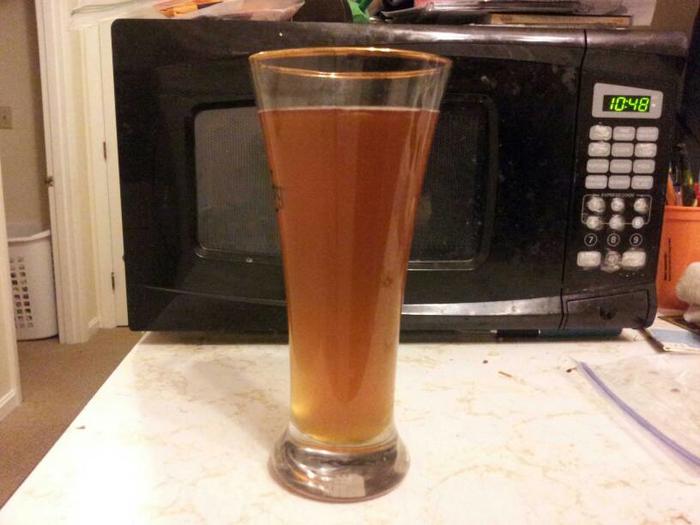OppR2nist
Well-Known Member
- Joined
- Jan 5, 2013
- Messages
- 53
- Reaction score
- 2
Anything that doesn't get drunk at the BBQ well be kept in a safe place to be sure it does its work. Since I'm going on vacation, I'm gong to keep the bottles in my bath tub to make cleaning up possible explosions easier. I'll be drinking my first one the night I get home (after any possible cleanup).


















































![Craft A Brew - Safale S-04 Dry Yeast - Fermentis - English Ale Dry Yeast - For English and American Ales and Hard Apple Ciders - Ingredients for Home Brewing - Beer Making Supplies - [1 Pack]](https://m.media-amazon.com/images/I/41fVGNh6JfL._SL500_.jpg)






